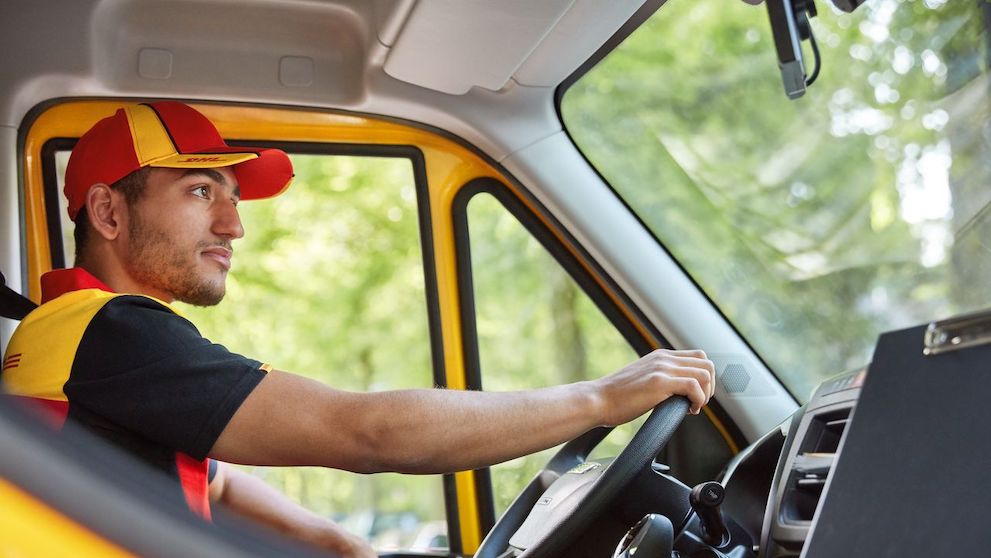Sri Lanka's rubber industry holds one of the top positions on the global stage for its high-quality raw rubber and a range of rubber-finished products. As a leading player in the international market, Sri Lanka relies on its century-old expertise in rubber cultivation and manufacturing to meet the growing global demand.
Sri Lanka’s strategic focus on sustainability and innovation has bolstered its reputation, ensuring a steady supply of premium rubber products. With a diverse portfolio ranging from natural rubber to value-added goods like tyres, gloves, and industrial components, Sri Lanka is ready to expand its footprint in the lucrative export market. This way, it will capitalise on the ever-increasing need for reliable and high-quality rubber products worldwide.
This blog further explores the history and development of Sri Lanka's rubber industry, the types of rubber and rubber-finished products it exports, the global market trends, key export destinations, and how the logistics department can enhance the efficiency of rubber exports.
Understanding Sri Lanka’s rubber industry
The history of rubber cultivation in Sri Lanka dates back to 1876 when the first rubber seedlings were planted at the Henerathgoda Botanical Gardens in Gampaha. The initiative to introduce rubber to Sri Lanka was driven by the colonial administration seeking alternatives to the declining coffee industry.
Sri Lanka primarily produces natural rubber, highly valued for its elasticity, resilience, and resistance to abrasion and heat. This natural rubber is harvested from Hevea brasiliensis trees and used in various products, including tyres, industrial goods, and medical supplies. Additionally, Sri Lanka has made progress in producing synthetic rubber, which complements the natural variant by offering enhanced resistance to ageing and environmental factors, thus broadening the scope of applications.
The main rubber-finished products exported from Sri Lanka include sheets, tyres, industrial and household gloves, rubber bands, hoses, and various automotive parts. The country is known for its high-quality rubber products, which adhere to international standards, making them highly competitive globally. This diverse range of products showcases Sri Lanka’s manufacturing capabilities and highlights the industry’s potential for continued growth and expansion in the export sector.
Market analysis and export destinations
The global demand for rubber and rubber-finished products is experiencing steady growth, driven by the automotive, medical, and industrial sectors. The market size for rubber is projected to grow from US$40.77 billion in 2019 to US$51.21 billion by 2027, reflecting a compound annual growth rate (CAGR) of 5.3%. This increasing demand is particularly notable in the automotive industry, which relies heavily on rubber for tyres and various components.
Sri Lanka’s rubber exports are primarily directed towards major markets such as the United States, Germany, Japan, China, and Pakistan. In 2022, these countries were among the top destinations for Sri Lankan rubber, with Pakistan leading the list, followed by Japan and China. The country’s robust export portfolio includes natural rubber and high-quality rubber-finished products like tyres, gloves, and industrial items, which are highly desired in these markets.
In the competitive landscape, Sri Lanka stands as one of the leading exporters of natural rubber. However, it faces competition from other major rubber-producing countries like Thailand, Indonesia, and Malaysia, which dominate the global market due to their larger production capacities and lower production costs. Despite these challenges, Sri Lanka’s emphasis on quality and sustainability, along with government initiatives to boost the rubber sector, helps maintain its competitive edge and continues to attract global buyers.
Preparing for export
To export rubber, adhering to international quality standards is crucial for Sri Lankan rubber exporters. These standards ensure that products meet the stringent requirements of global markets, enhancing their competitiveness and market acceptance. Certification for eco-friendly and sustainable practices, such as ISO 14000 for environmental management systems, is particularly valuable, as it aligns with the growing global emphasis on sustainability.
Sri Lanka regulations on rubber exports are overseen by the Sri Lanka Standards Institute (SLSI), which sets product standards and performs essential pre-export inspections and product testing. Exporters must comply with these regulations to guarantee their products are of high quality and meet safety standards.
Internationally, exporters need to be aware of import restrictions, environmental regulations, and compliance with trade agreements in target markets. For instance, import licenses are required for several items based on health and safety considerations, and compliance with these requirements is mandatory to avoid trade barriers.
Understanding and adhering to these regulations not only facilitates smoother export processes but also ensures that Sri Lankan rubber products maintain a competitive edge in international markets.
Export logistics and supply chain management
The organisation of the supply chain for rubber and rubber-finished products involves a coordinated approach to procurement, production, and distribution to ensure efficiency and cost-effectiveness. Effective logistics planning is crucial to address challenges such as transportation disruptions and fluctuating demand. This involves refining processes to optimise the use of resources, reduce waste, and improve delivery reliability.
Additionally, secure packaging plays a critical role in the logistics of rubber products. Using sturdy materials like durable cardboard boxes and bubble wrap ensures products are protected from damage during transit. Similarly, proper labelling, including clear fonts and essential information, facilitates smooth handling and customs clearance. It is vital to include special handling instructions and secure labels to prevent them from falling off.
Furthermore, shipping requirements for rubber products often include compliance with international regulations, such as the Global Harmonized System (GHS) for labelling hazardous materials. Ensuring accurate and complete labelling helps avoid delays and fines, ensuring the products reach their destination safely and on time. Automating the labelling process can enhance accuracy and compliance with diverse international requirements.






















